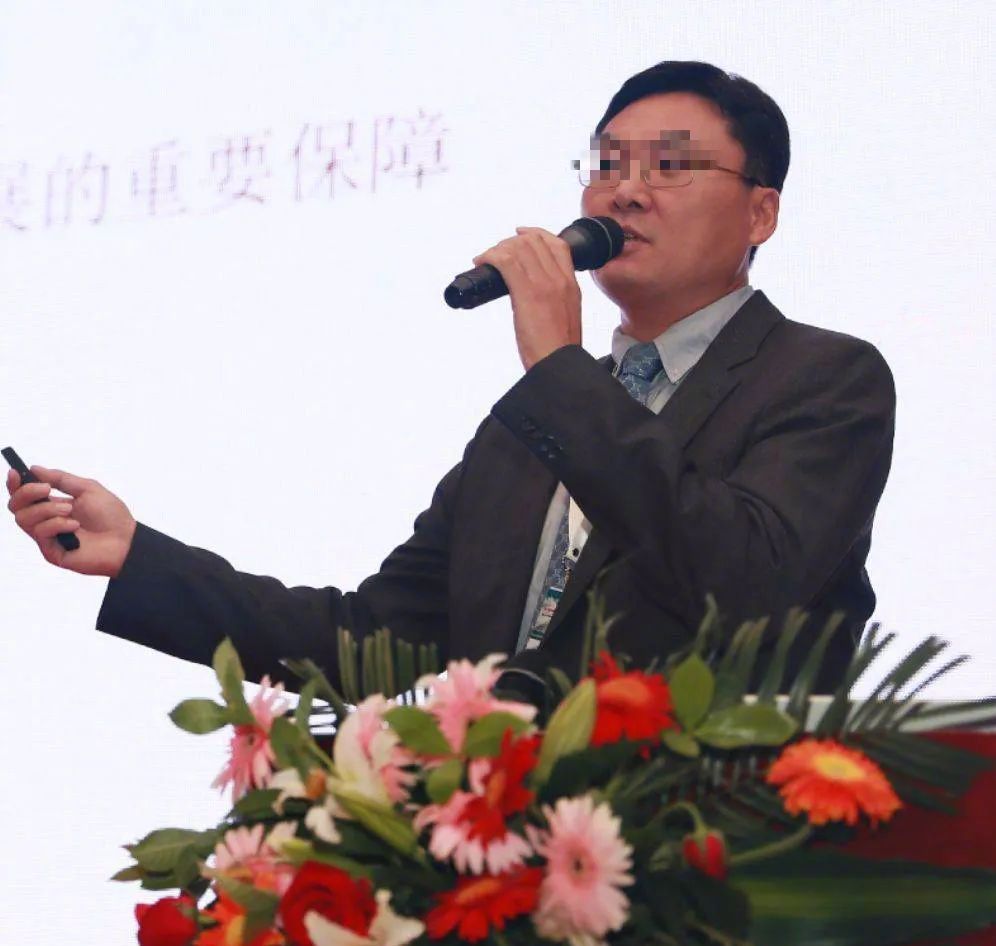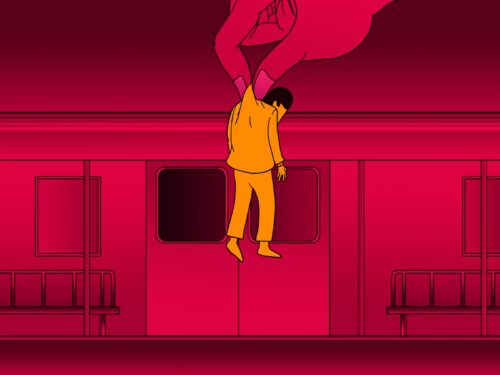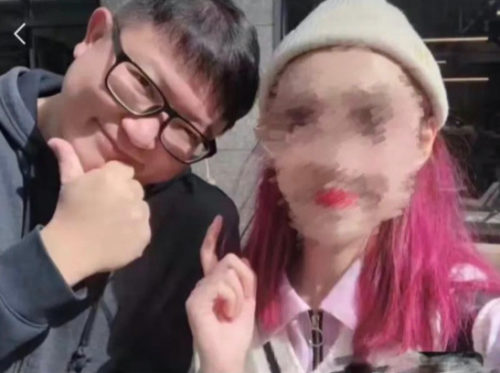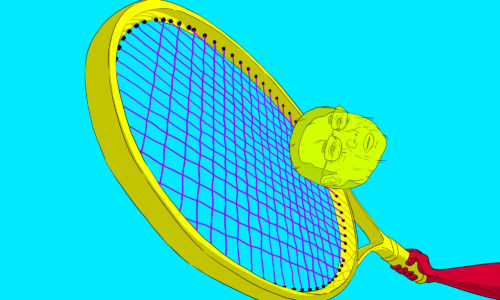A messy sexual assault case in China is over. But a broader debate has begun
The case that has caused a reckoning in China's #MeToo movement.

One of the most closely watched #MeToo-related legal battles in China — pitting a successful lawyer-turned-businessman against his teenage foster daughter, who accused her adoptive father of repeatedly sexually assaulting her since she was 14 — came to an end on September 17, when China’s top prosecutor ruled the girl’s allegations were unsubstantiated.
According to a statement (in Chinese) released by the Supreme People’s Procuratorate today, after a more than five-month investigation, the court decided that the evidence submitted by the alleged victim, identified as Hán 韩, was not sufficient to support her rape charges against Bào Yùmíng 鲍毓明, a 48-year-old lawyer who also served as a high-ranking director at two large companies.
The document also included a surprising piece of information: Han was no longer a minor when she met Bao. The investigators said that Han was actually born in October 1997, rather than August 2001, as indicated on her household registration, which made her a legal adult when she reached out to Bao in 2015 in response to his online post about seeking to adopt a daughter.
About seven months before the “informal” adoption happened, with help from her parents, Han fabricated a birth certificate and successfully altered her age to be four years younger than she actually was. During their four-year relationship, Bao was completely in the dark about Han’s true age.
Putting a definition on the dynamics between Bao and Han, the ruling said, “Han had the ability to defend herself from unwanted sex and testify. Han’s account about Bao using violent means to sexually abuse her, accompanied with the submitted material evidence related to the case, are not consistent with the facts.” The document also revealed that before the pair broke up in June 2019, all the sexual assault complaints made by Han were in connection with problems in their relationship that were not related to abuse.
While the legal case was dismissed, Han’s allegations did come with some consequences. This morning, China’s Ministry of Public Security announced that Bao, who secretly holds an American citizenship, would be deported from the country. His license to practice law in China would be revoked, too. Meanwhile, 12 officials in Anhui Province have received various degrees of penalties because of Han altering her age on official documents.
The shocking conclusion is the latest, and very likely final, chapter in what’s been one of the defining stories of China’s #MeToo movement. Since Han first came forward in April with sexual abuse allegations against Bao, her accounts — replete with harrowing details and emotional transparency — have convinced the entire nation that she was telling the truth, and that Bao had to be held accountable for his behavior.
In the past few months, Bao has been denying the allegations forcefully. In a social media post made in May, he wrote, “You can fool all the people some of the time. You can fool some people all of the time. But you can’t fool all the people all of the time.”
But his denial backfired miserably and only created an even bigger backlash. Even on days when there weren’t updates on the matter, national attention on the case never ceased, nor did passionate calls for justice.
Internet users in China, especially Han’s supporters, have been struggling to accept the court’s ruling. “I totally didn’t see this coming. I felt betrayed, like a fool,” a Weibo user wrote.
But other observers called for legal action against Han, criticizing her for taking advantage of the public’s tendency to believe alleged victims of sexual abuse. “Han needs to apologize to all the other brave women who actually suffered sexual abuse and decided to speak up!” a Weibo user commented.
Meanwhile, some people have stressed that it’s important not to overlook the fact that Bao engaged in sexual activity with Han while believing she was a teenager. And judging from Bao’s years-long attempt to look for a “foster daughter” through sketchy online posts, Bao is, they argue, an adult who desires teenage girls under the age of consent.
Since the #MeToo movement took off in China in 2018, scores of women have come forward with their accounts of sexual harassment and assault. In the court of public opinion, Chinese internet users usually believe the alleged victim’s stories without any caveats or questions. Han’s case is the first in which there is doubt. It has caused a reckoning in the movement, as people begin to understand that when it comes to #MeToo, not all skepticism needs to be interpreted as hostility.






